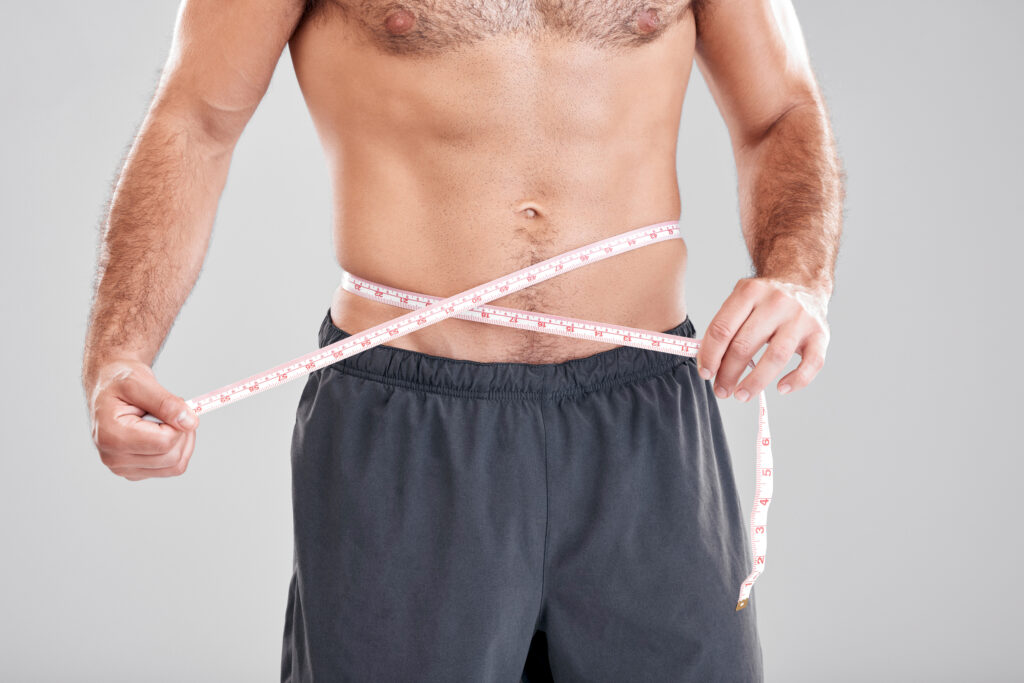Achieving a weight loss of 15kg (33 lbs) in 2 months is a challenging goal and it’s important to approach it in a healthy and sustainable way. Here’s a breakdown to help you understand the process:
Understanding Caloric Deficit: To lose weight, you need to consume fewer calories than you burn. One kilogram (2.2 lbs) of body fat contains approximately 7,700 calories. To lose 15kg (33 lbs), you’d need a total caloric deficit of 115,500 calories over 2 months. This means creating a daily caloric deficit of around 1,925 calories.
Dietary Adjustments: Begin by evaluating your current calorie intake. Use an online calorie calculator to estimate your maintenance calories, which is the number of calories you need to maintain your current weight. Subtract the necessary caloric deficit to determine your daily caloric intake goal. Choose whole foods that are nutrient-dense and lower in calories. Lean proteins, vegetables, whole grains, and healthy fats should be the foundation of your meals.
Exercise: Introduce a mix of cardiovascular and strength training exercises. Cardio helps burn a significant number of calories, while strength training increases muscle mass, which can boost your metabolic rate. Aim for at least 150 minutes of moderate-intensity cardio and 2-3 days of strength training each week.
Monitor and Adjust: Weigh yourself weekly and keep track of your food and exercise routines. If you’re not seeing the expected weight loss, adjust your caloric intake or increase your activity level. Remember that as you lose weight, your maintenance calories will decrease, so adjustments are essential.
Considerations: Losing 15kg (33 lbs) in 2 months is aggressive and might not be suitable for everyone. Rapid weight loss can lead to muscle loss, nutritional deficiencies, and other health complications. It’s crucial to listen to your body and ensure you’re not depriving it of essential nutrients. Consulting with a nutritionist or personal trainer can provide personalized guidance.
Lastly, remember that everyone’s body is different. While some may achieve this goal, others might find it more challenging. Focus on the journey, stay consistent, and prioritize health over speed.

